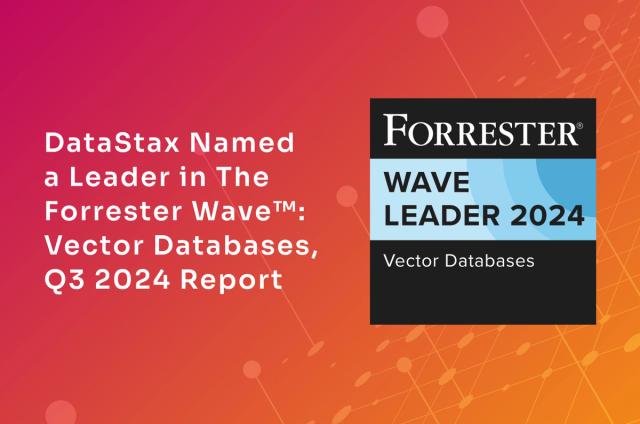The 4 Superpowers of Hybrid Cloud Databases

The market for cloud databases is on fire.
According to a recent study, the global cloud database market hauled in $2.1 billion in 2015. By 2022, it’s expected to explode to $68.9 billion, boasting a 64.6% compound annual growth rate along the way.
In large part, this growth has contributed to the emergence and widespread adoption of the hybrid cloud database.
Why are so many organizations opting for hybrid cloud solutions instead of running everything in a private cloud, public cloud, or on-premises?
The answer’s simple: Hybrid cloud databases provide enterprises with a number of incredible benefits. Some might even call them superpowers.
Superpower #1: Control
Whoever your database vendor is, you really want to make sure they’ve invested heavily in security features so that you can safely store your data safely in any location.
A key aspect of this capability is data sovereignty, or the ability to configure your database so that certain data can only be stored in specific regions and other data in other regions. A hybrid cloud database provides this.
This has as much to do with compliance as anything else. A hybrid cloud database supports multi-data center locations and data residency, allowing you to store your data in the right geographic locations according to your compliance requirements.
Superpower #2: Agility
Distributed hybrid cloud databases give organizations the flexibility needed to pivot quickly as business needs change—which sure beats being locked into a long contract with a cloud vendor that isn’t really meeting your needs.
Agility really means adaptability. A hybrid cloud database gives you more control of your on-premises hardware stack and allows you to take advantage of new AI/ML features in the public clouds.
Organizations that move to hybrid cloud database solutions are able to build the exact infrastructure they need, reducing management complexity and risk along the way. In turn, this enables engineers and database administrators to increase productivity and innovate faster.
Superpower #3: Cost-Effectiveness
Enterprises are attracted to public cloud resources because—compared to private cloud infrastructure—they’re inexpensive and can be provisioned on-demand with ease.
There’s no sense in paying for more infrastructure than you need. That’s why today’s leading enterprises are increasingly moving to hybrid cloud solutions. They use private cloud resources when necessary and rely on the public cloud for everything else.
As a result, organizations that use hybrid cloud databases enjoy cost-effectiveness. Total cost of ownership is reduced as capital expenses become operational expenses.
Superpower #4: Future-Proof
Organizations that wish to remain competitive over the long term need to use innovative tools and technologies that enable them to move faster and operate with more agility. To do this, they need to undergo digital transformation and migrate to modern solutions.
Because of the versatility they provide, hybrid cloud databases enable organizations to future-proof their tech infrastructure. Companies that rely on them can extend the life of their legacy applications while deploying new technologies as they emerge.



